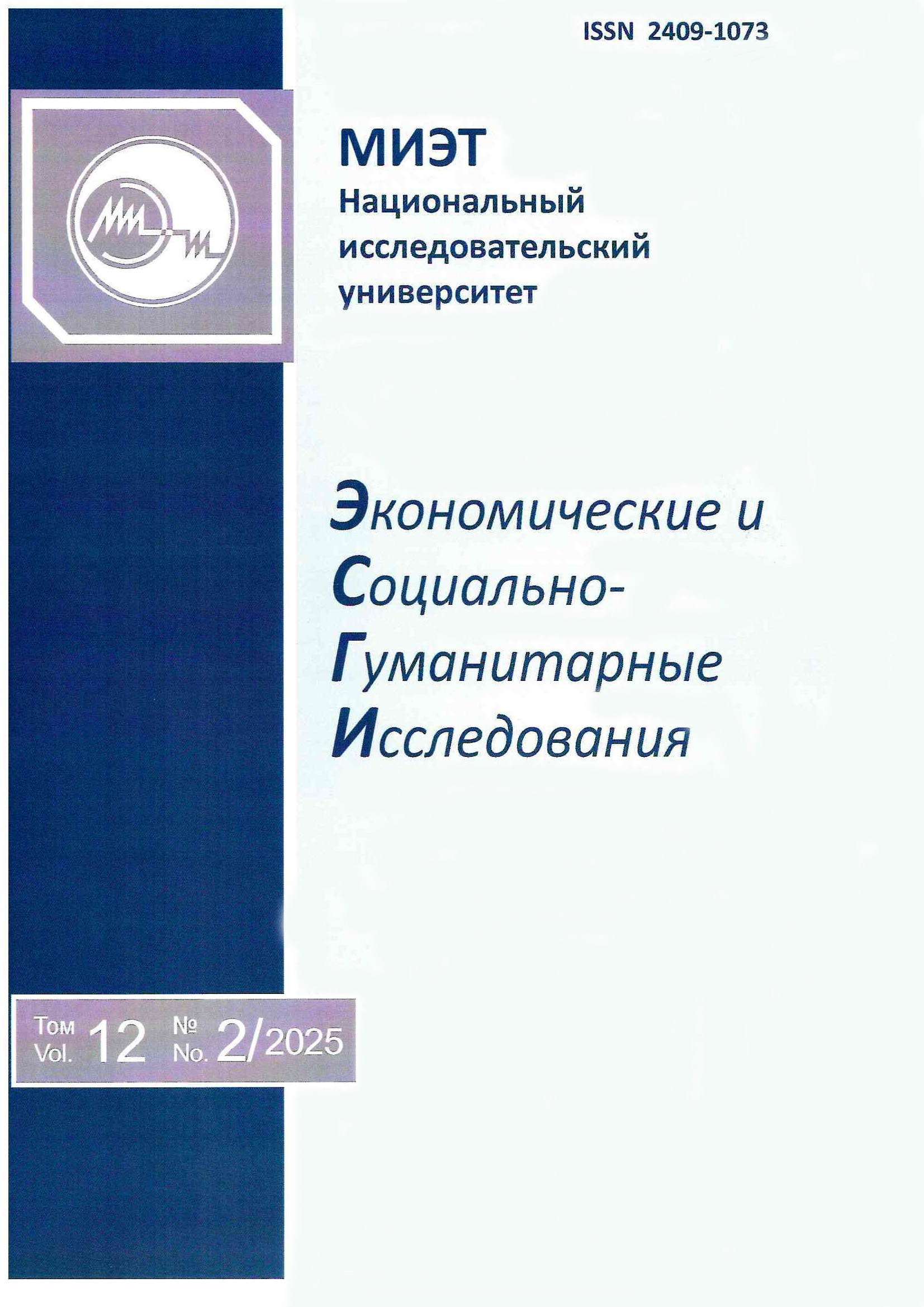employee
Moscow, Russian Federation
employee
Russian Federation
employee
UDC 001.4
The qualitative uniqueness of science as a complex socio-cultural formation is revealed, the natural and objective character of modern science is shown, despite all the existing complexities and contradictions of scientific knowledge. A substantive analysis of the conceptual and categorical apparatus of science as a means of active increase in objective and reliable knowledge was carried out, its structure and connection with the methods of cognition were outlined. The cognitive functions of philosophical, general scientific and specific scientific categories are substantiated. Particular attention is paid to the importance of the conceptual and categorical apparatus in pedagogical work. The advantages of focusing the teacher’s research activities on a creative approach are highlighted. It has been concluded that deep theoretical mastery and practical use of the conceptual and categorical apparatus of science significantly improves the quality and effectiveness of the teaching/learning process. It is recommended to pay consideration to literacy in the presentation of scientific and educational material in the training of qualified specialists.
modern science, scientific knowledge, integration of concepts, methods of cognition, conceptual and categorical apparatus, world outlook, scientific worldview, pedagogical activity, creative approach, theoretical development, scientific presentation, professionalism
1. Herzen A. I. “Dilettantism in Science. Article One”. Dilettantism in Science. Letters on the Study of Nature, 1842 to 1846. By Herzen. Moscow: Nauka, 1954. 7—23. (In Russian). Vol. 3 of Collected Works. 30 vols.
2. Gott V. S., Semenyuk E. P., Ursul A. D. Categories of modern Science (Formation and Development). Moscow: Mysl’, 1984. 268 p. (In Russian).
3. Kaftan V. V. Introduction to Terrology: Logical and Epistemological Foundations of Institutionalization: monograph. Moscow: Military U, 2009. 256 p. (In Russian).
4. Kopnin P. V. Gnosiological and Logical Foundations of Science. Moscow: Mysl’, 1974. 568 p. (In Russian).
5. Kuptsov V. I. (auth., ed.), Devyatova S. V., Kuznetwova N. I. et al. Philosophy and Methodology of Science. 2nd ed., rev. and upd. Moscow: Yurait, 2020. 394 p. (In Russian).
6. Lenin V. I. “The Attitude towards Bourgeois Parties”. February to June 1907. By Lenin. Moscow: Izd-vo polit. l-ry, 1972. 368—388. (In Russian). Vol. 15 of Complete Collected Works. 5th ed. 56 vols.
7. Stepin V. S. Philosophy of Science. Points of Concern. Moscow: Gardariki, 2006. 384 p. (In Russian).
8. Einstein A. “Remarks on Bertrand Russell’s Theory of Knowledge”. The Philosophy of Bertrand Russell. Ed. by P. A. Schlipp. Chicago: Northwestern U, 1944. 278—291.








